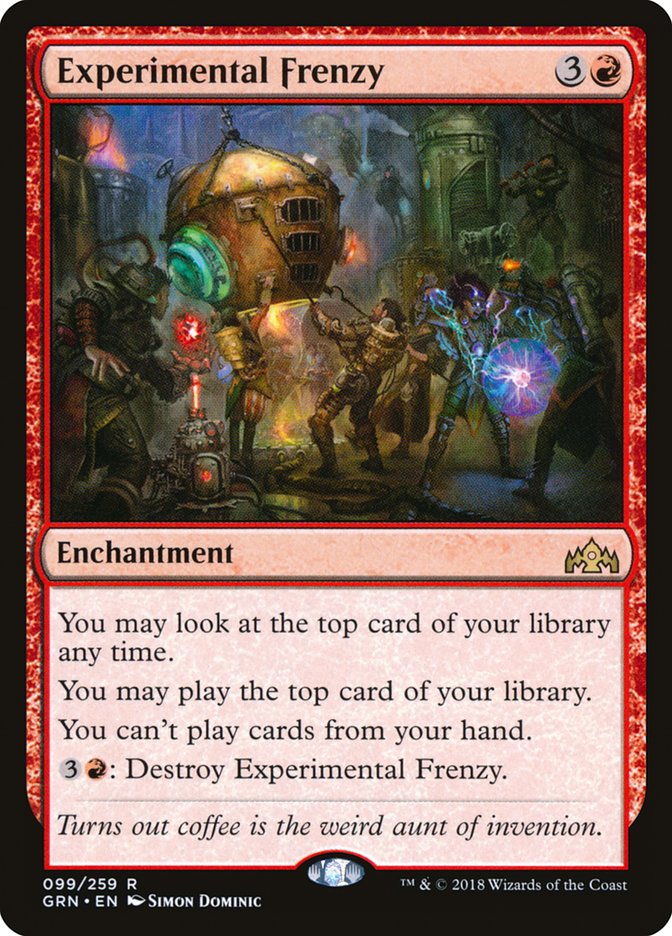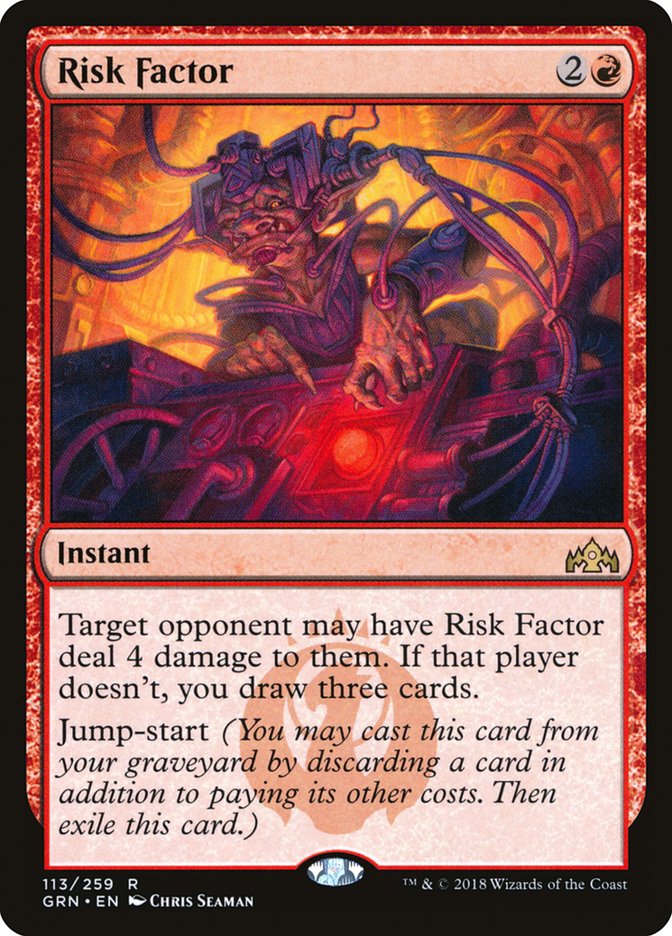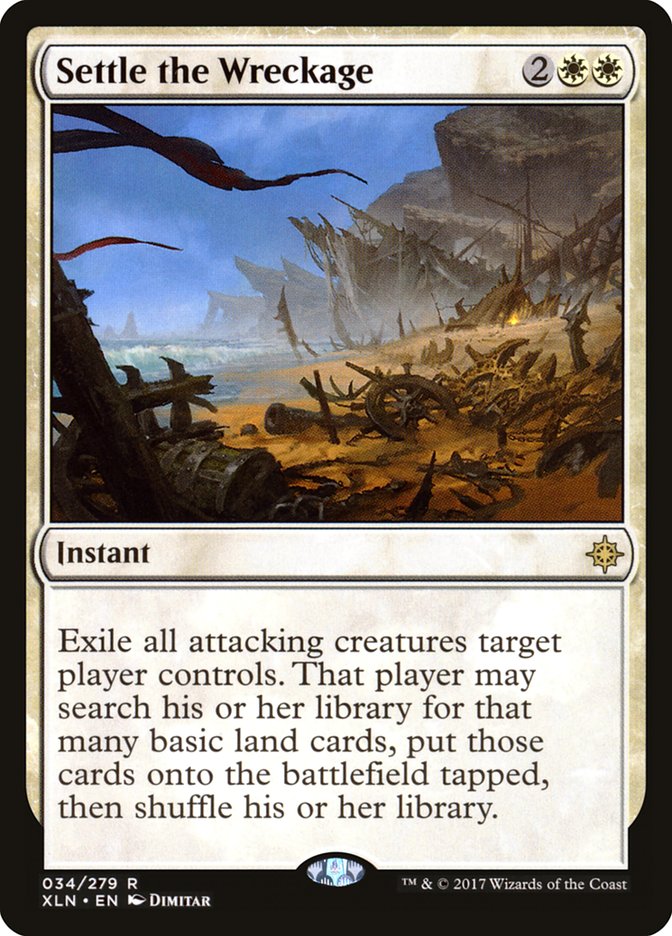In the days of yore, when dinosaurs still walked the earth, Pro Tours occurred just a few weeks after set releases and testing online was only available a few days before the event. In these circumstances, much of the format was uncharted territory, even on the day of the event. Thus, the ancients gathered in isolated packs working together to hunt for every scrap of information in search of the best deck. These packs valued secrecy above all else and often had internal metagames that differed from the real world in large ways.
The old way went extinct as a result of two incredibly impactful events. Much like the meteorite that wiped out the dinosaurs, these events radically altered the environment in which Pro Tour preparation occurred. First, Wizards of the Coast rescheduled Pro Tours to be many weeks after set releases. Secondly, they moved Magic Online set releases to occur before paper releases.
In this new world, the collective hive mind has weeks to work on the metagame before most pros even begin their focused testing. As a result, every major archetype is typically discovered in advance of the event. While few individuals on Magic Online are the equal of the best minds in the game, collectively they’re almost never wrong.
In fact, for a very large number of Pro Tours in a row, the best deck to play at that Pro Tour has been the known best deck going in. At Pro Tour Guilds of Ravnica, Boros Aggro demolished the MOCS just a week before the event and then went on to take six of the Top 8 slots. At Pro Tour Dominaria, Goblin Chainwhirler had dominated the entire season and again took six of the Top 8. A similar pattern held for the Temur Energy Pro Tour, the Mardu Vehicles Pro Tour, the Golgari Delirium Pro Tour, and the Aetherworks Marvel Pro Tour. The point I’m making here is this – the pros have not broken a format in recent memory. This leads me to the most important rule of preparing for a Mythic Championship, as Pro Tours are now called.
When preparing for any Magic tournament, time is extremely precious. With Mythic Championships being split-format, this effect is exaggerated. Every moment you shave from your Constructed testing means one more Draft you can get in. Thus, I recommend not spending a single moment trying to fabricate new decks whole-cloth. Instead, spend your time playing all the stock decks against one another and learning what’s important in every matchup. Then innovate the minutiae of the decks and especially their sideboards. The hive mind can be counted on not to miss any of the best decks, but it will not hand you a flawless list or the knowledge required to pilot it.
Avoiding Inbred Testing
As I alluded to above, a key problem with the old-school approach to Mythic Championship preparation is that it involved almost entirely in-house testing. But in a world where all the best decks are known anyway, the secrecy this provides has greatly diminished value. It’s true that playing your deck publicly might reveal some fancy sideboard card to one random opponent, but such a leak is not going to make or break your tournament.
On the other hand, playing exclusively in-house also has a large downside. It generally means testing against the same people playing similar builds each time. For instance, if all the Mono-Red players on your team think maindecking Experimental Frenzy is correct, then all of your in-house testing will be against such builds. But if half of the players in the real world prefer a land-light Risk Factor build instead, you need to be equally ready for that plan. It ultimately doesn’t matter whether your teammates are right about Frenzy, because you have to be prepared for what your opponents in the outside world will do.
The principle that what’s objectively good is less important than what people perceive as good also applies at the deck level. It doesn’t actually matter if your team determines that Mono-Blue Aggro is bad. If people will play it in large numbers, you have to be ready for it. As a result of all this, I do most of my preparation using Magic Online and Magic Arena to play against a broad range of both decks and builds, getting a fuller sense of the entire field. However, teammates can still be an invaluable resource, even if they’re not the core of your testing.
Your teammates will typically be noticeably better than the opposition you will find on the internet. Thus, you can use them to answer specific, important questions you have about the format. If you determine that your white-based aggro deck struggles against Esper Control, grab a friend and test some different sideboard plans and approaches to the matchup. Is it better to jam all your creatures into their Wraths and make them have it, or limit the number you have on the battlefield at any given time? Is it feasible to sideboard in and leave up counterspells, or is a resilient threat like Experimental Frenzy better? Discussing a match with a friend who just played the other side typically gives you a deeper understanding of what’s working and what isn’t than you could achieve with just the one perspective.
Order of Preparation
When preparing for a multi-format event, it’s important to make decisions about when to prepare for each specific format. Sometimes, external forces will force you to prepare for Standard before Limited or vice versa. For instance, if you’re playing a Standard Grand Prix or SCG Open the week before the Mythic Championship, you’ll likely want to have most or all of your Standard testing done before then. In the absence of such factors, however, I believe a clear correct ordering exists. Standard these days moves at a breakneck clip and picking the right deck for the weekend can be the difference between a solid finish and a Mythic Championship win. Thus, you want to prepare for the Constructed portion of the event as close to the tournament as possible.
Front-load your Limited testing and draft as much as you can when the set comes out. Attend or organize a “Draft camp” on release weekend if that’s an option available to you. Then, focus in on Standard more and more as the metagame evolves.
Locking In
On the Monday before the Mythic Championship, with the results of the latest tournaments in mind, lock in an archetype. You will want to weigh these latest results heavily, possibly playing the best deck of that weekend or at least being ready for it to surge in popularity.
I recommend locking in a week out as it dramatically reduces stress. It means that you won’t be agonizing over what to play at the last minute and can spend those days thinking only of the fine details of your list. Additionally, it ensures that you have time to get your reps in. We’ve all known someone who audibles at the last minute and submits a decklist they’ve never played a single game with. Do not let that person be you, as your play will suffer for your lack of testing.
By this point in the preparation process, you will be familiar with all major matchups and have faced every Tier 1 deck at least a little. Thus, when selecting a deck, be sure to take your own personal ability to pilot each archetype into consideration. If you can’t win with a deck, it’s irrelevant if that deck is broken in the hands of someone else. Try not to be too results-oriented during this process, as your sample sizes will always be very small. But, at the end of the day, sometimes your own results with a deck are all you have. Two players often play the same archetype very differently and many of their choices flow from their styles. If your friend cannot win with a deck, it probably has just as much to do with your friend as the deck itself.
Playing Against the Best
If you’re reading this article, you’re probably an above-average player in many of the contexts you regularly play in. Being better than the room at large incentivizes you to select decks that require large numbers of decisions on both sides in order to maximally leverage your skill advantage.
At Mythic Championships, the exact opposite approach is correct. If most players in the room are as good as or better than you, you want to minimize the decisions both sides make. I’m not suggesting that you play a dramatically worse deck simply because it’s easier to pilot; I’m merely noting that you should consider a deck’s lack of skill to be upside, not downside, in this context.
This idea has implications that go beyond deck selection. Effects that are easy to play around generally get worse against top players. Conditional counterspells and effects like Settle the Wreckage are hit especially hard by this, and you should deprioritize them accordingly when fine-tuning your decklist and during the drafts.
Representing tricks, and bluffing in general, is usually a poor strategy against weaker competition, as they are much less likely to realize that the bluff is anything out of the ordinary. At the Mythic Championship level, you can exploit these techniques to a substantial extent, presuming you do not think your opponent can read you and that they can afford to respect it.
Turnabout Is Fair Play
By the time you’re reading this article, I’ll be frantically trying to figure out the last few slots in my Mythic Championship decklist. Because I firmly believe secrecy is a relic of a bygone era, I will announce my deck choice. As you may have guessed if you’ve read my past work, I will be playing Azorius Aggro at the Mythic Championship. I think its positioning has gotten worse in recent weeks, but I pilot it too much better than anything else to seriously consider an alternative.
Asking for a repeat of the last Pro Tour would be very greedy. I got obscenely lucky to win that Game 5 against Luis Scott-Vargas. But I think it would be cosmic justice if this time I was the one mulling to four in Game 5 of the finals, and I’d be ecstatic at that outcome.




